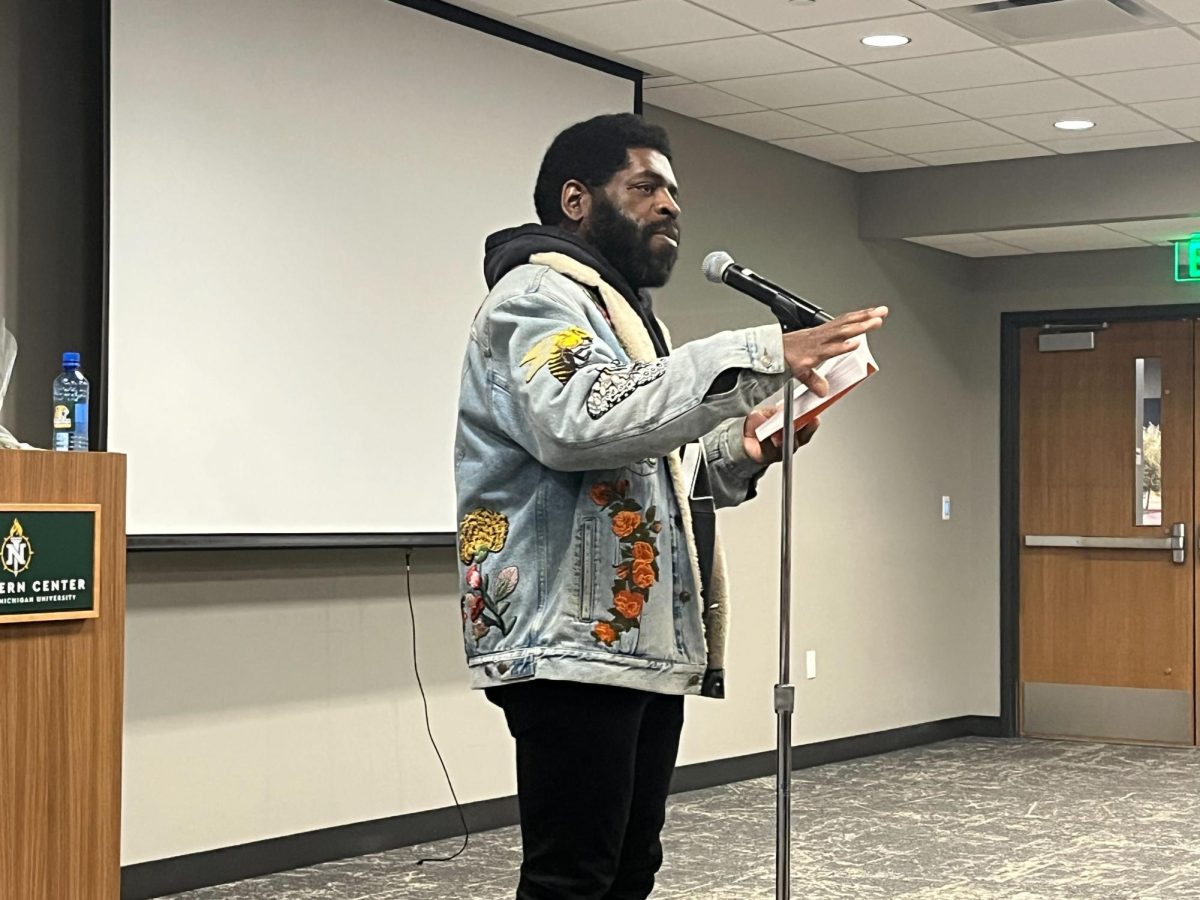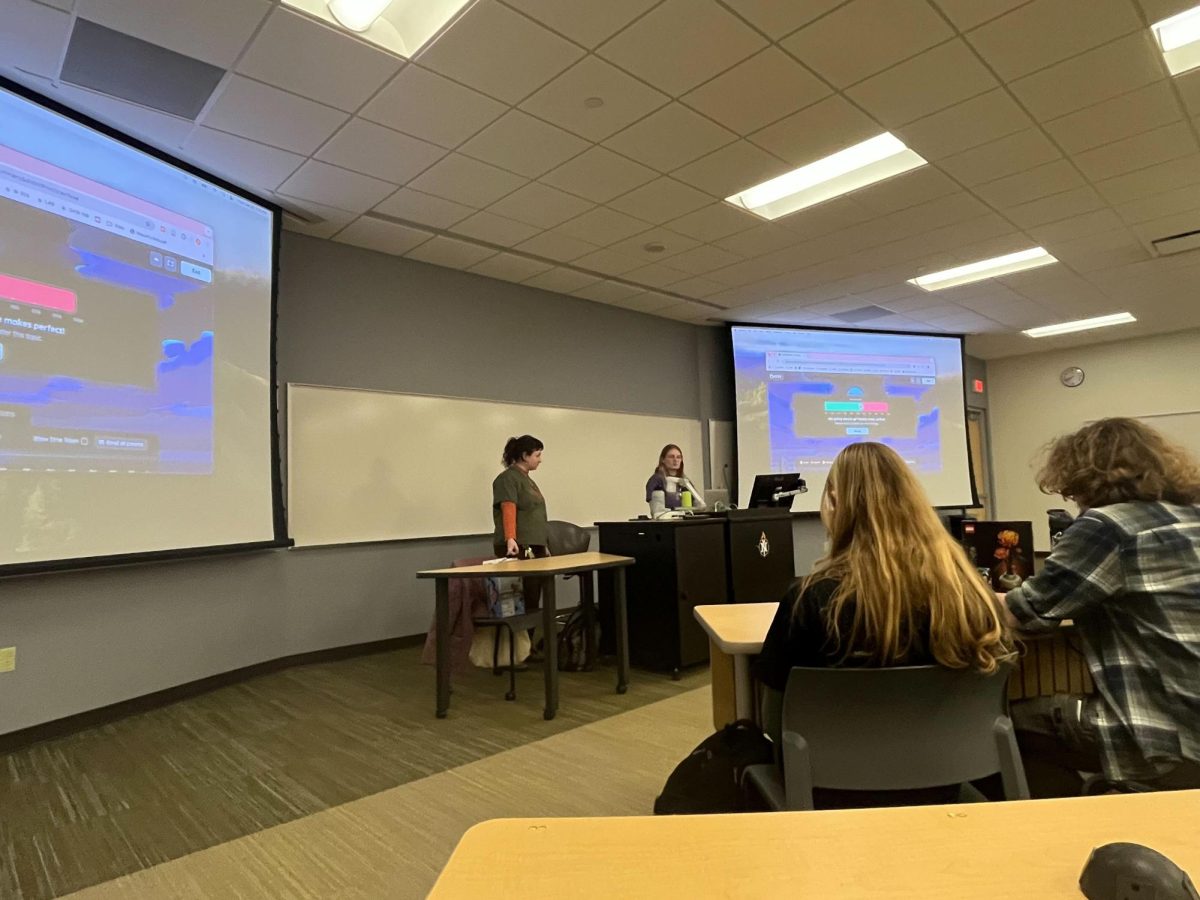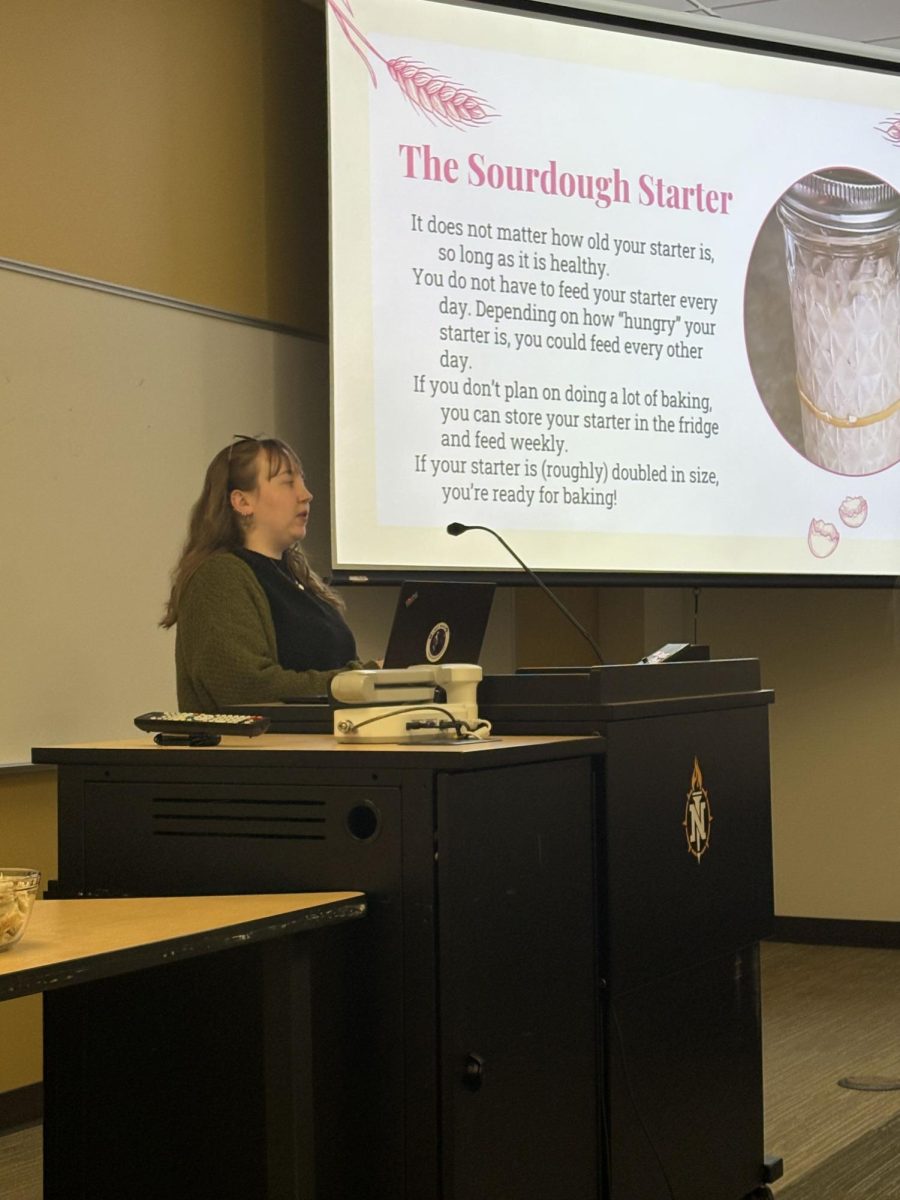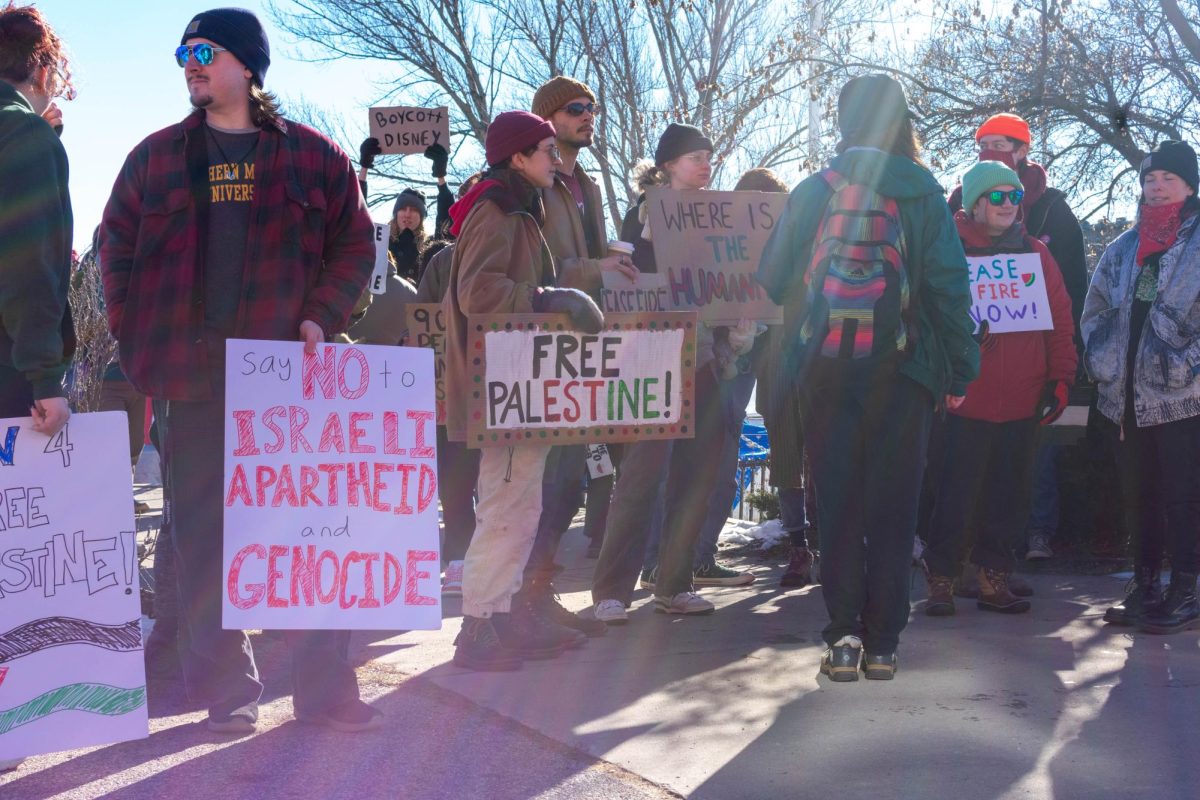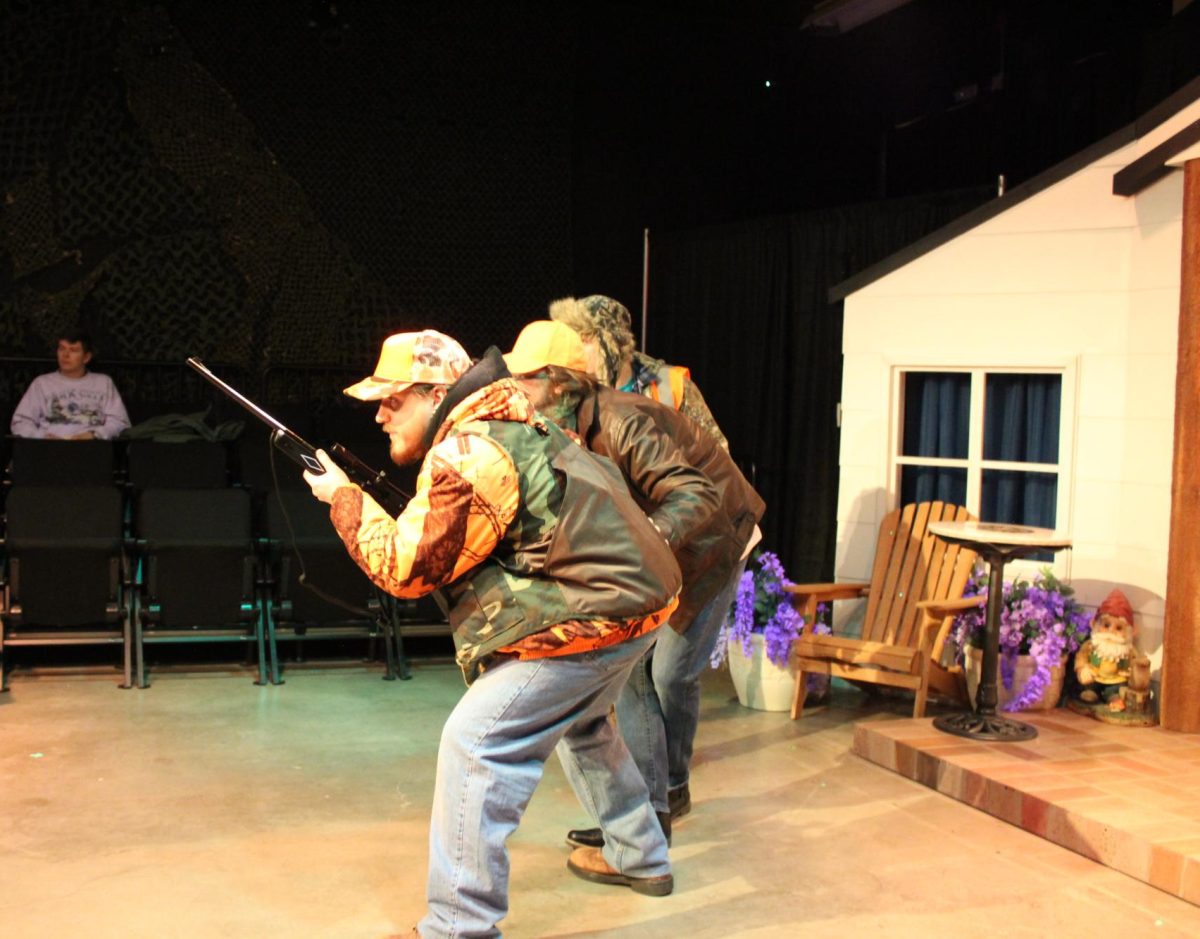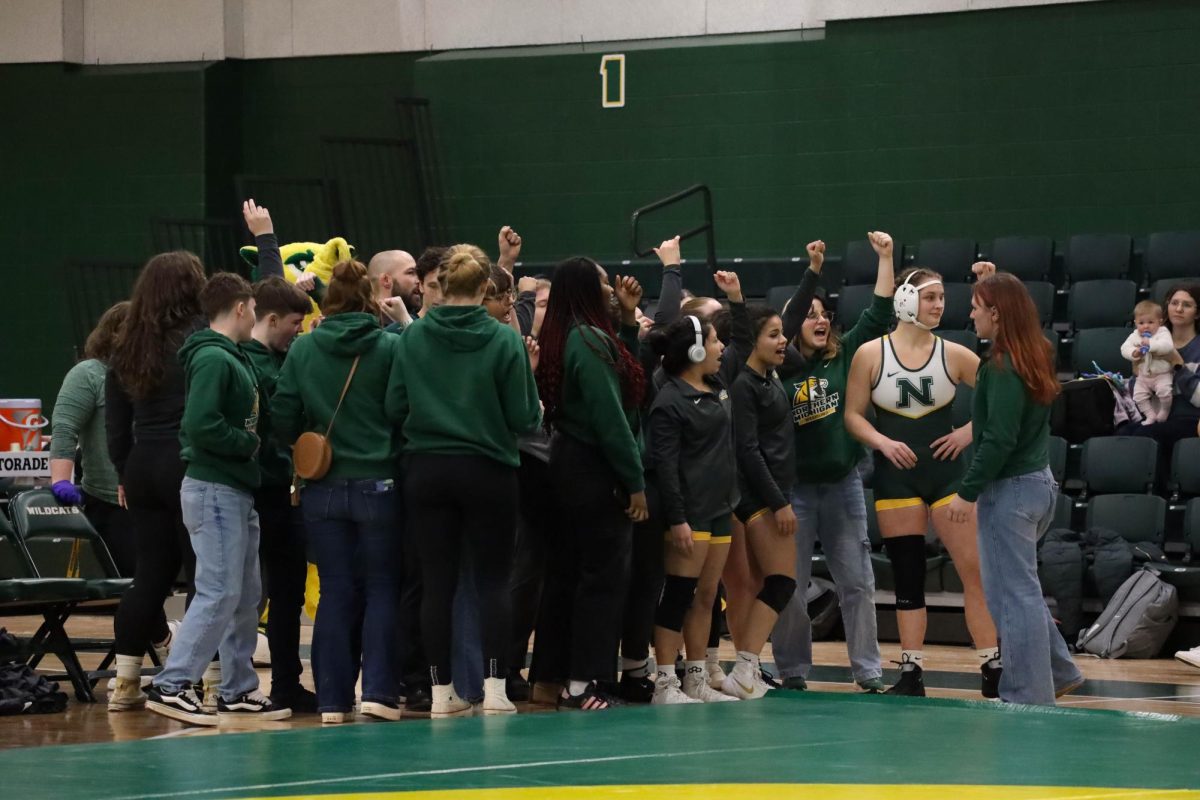Calling Osama bin Laden an “old evil with a new name who has not been sufficiently challenged,” Dr. Tahir al-Qadir, a Muslim scholar and head of the Manhaj-al-Qur’an movement, issued a 600-page fatwa condemning acts of terror. He especially disapproved of suicide bombing in the strongest and most unambiguous language any Muslim clergy has ever used so far. His words were music to my ear, soul and mind. The document is not the first to condemn terrorism and suicide bombing, but it certainly is different.
Al-Qadir is not only excellent because of his solid reasoning, intellectual might and scholarly credentials, but also because, perhaps for the first time, he left no room for pretexts, allowed no space for justifying savagery to reach any goal, refused the logic of using past colonial savagery to glorify present day similar acts, and made no distinctions between killing non-Muslims and Muslims. Murder is murder. In a nutshell, he basically, and brilliantly I might add, took all those “famous ands and buts” totally out of the scenario. He took anyone claiming that such barbaric acts could be “Jihad” and those who commit it them as martyrs head on. He said, “There is no place for any martyrdom and their act is never, ever to be considered jihad. They can’t claim that their suicide bombings are martyrdom operations and that they become the heroes of the Muslim Umma [nation]. No, they become heroes of hellfire, and they are leading towards hellfire”.
The same argument could be used in the example of the current Israeli-Palestinian conflict (which in my view should be a territorial and not religious one) to opine that there is no justification for deliberately killing and maiming innocent people in supermarkets, buses, or restaurants in the name of fighting an occupation or anything else for that matter. I am not a theologian or a scholar on any religion, but as a Muslim, I am asked to be an analytical thinker and to engage in “Ijtihad” or analytical reasoning. Although some clergies in the Middle East have issued fatwas arguing that the conflict between Israel and the Palestinians is an exceptional situation where “martyrdom” attacks can be justified, I have never found the argument legitimate. There are no situations under which acts of vengeance, such those committed by suicide bombers, could ever be considered a justifiable act of war.
Al-Qadir’s fatwa dismantles al-Qaeda’s violent ideology, and if supported and promoted, it is perhaps the mightiest weapon in the “war on terrorism.” By that I do not refer only to a war between Muslims and non-Muslims, but I refer to any war and, in particular, the current war amongst Muslims as reformers try to wrestle Islam from extremists.
All of this is good. However, I am not entirely optimistic. In all of the workshops (such as our Skill Builders!) and presentations about Islam I have led, I am usually disheartened by the clear lack of knowledge of any Muslim reformer, and, believe me, there are Muslim reformers. In several of my op-eds and guest columns (including the North Wind’s Professor’s Corner), I have repeatedly made the plea that we must at least know who they are, read some of their work and certainly reach out to support them.
Courage does indeed come in a variety of forms, and Muslim reformers are certainly not any less courageous than those who pay the ultimate price on the battle fields.

